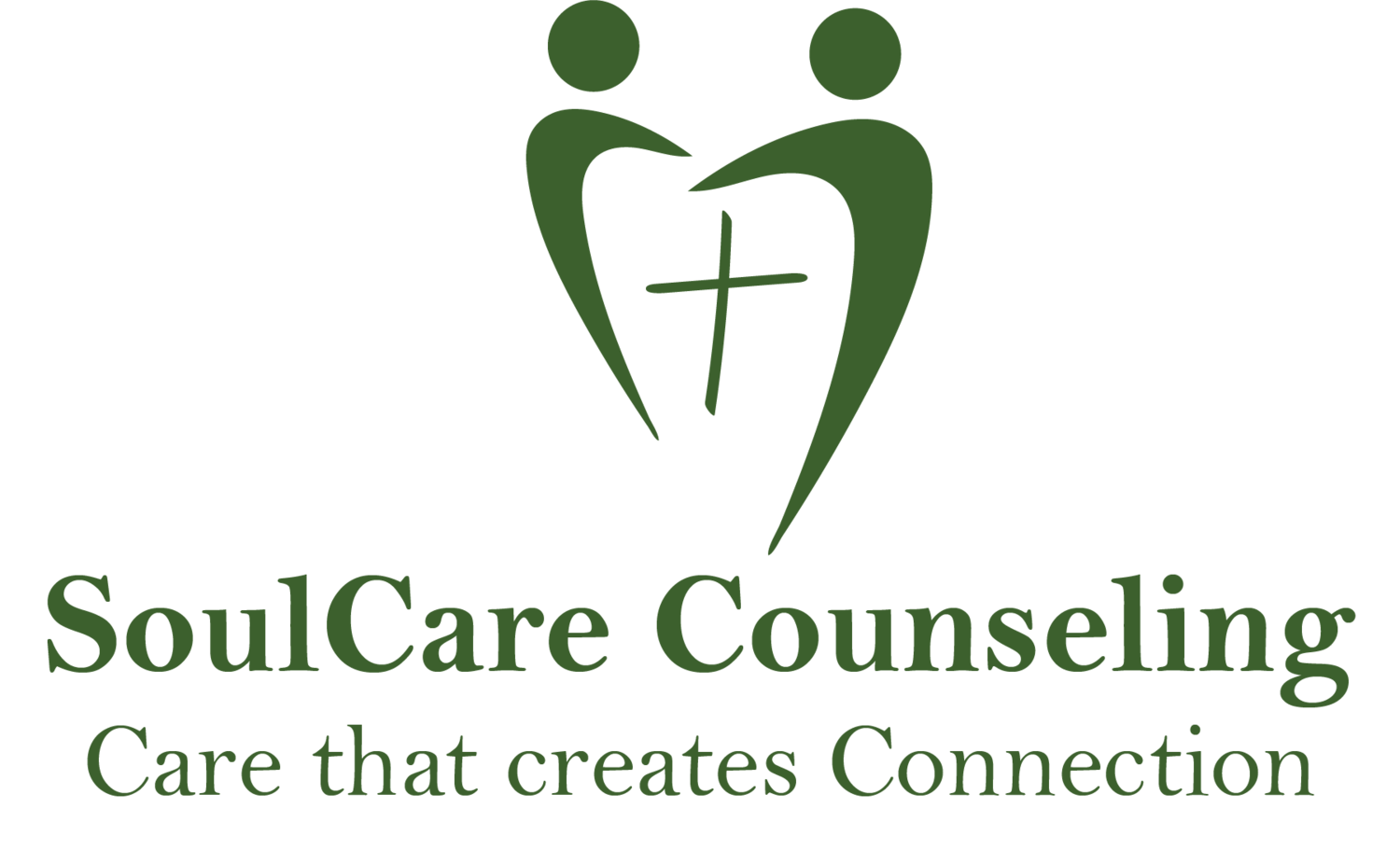When You're Married But Feel Alone
There is a song from the ‘80’s written by Christian singer, Bob Bennett, that has the following lyric:
“Bryan is in school all day, the old man drives a truck
He says it’s a hell of a way to live, but it’s a way to make a buck
He rolls home after the house is dark, his heart as cold as a stone
He lies back-to-back with his wife in the sack, together all alone.”
Could that be you? You’ve been married for a long time. You have wonderful grown children. Your spouse has a good job and works long hours to bring home a fat paycheck. You have your own career, hobby, or passion that keep you busy. You have a nice house and everything you could ever want, except you feel alone. You’re married, yet you feel alone both physically and emotionally. You and your spouse are gone from sunup to sundown, and when you are both at home, you eat dinner in silence while watching television. On the weekends, one of you goes to the mall and the other goes to the golf course. You are together all alone. This is not what you signed up for when you said “I do.” What happened? Why do you feel so alone?
You Feel Alone Because You Are Created For Connection
Even when there are all the trappings of happiness present in your life, the reality is that you can never be happy unless you are connected. Human beings are created with a driving need to be in a safe, secure relationship where both partners are attuned, responsive, and engaged with one another. When we become emotionally disconnected, we feel alone. Even if we are not physically alone, disconnection makes us feel like that way. And it is a loneliness as real as that of someone stranded on a desert island.
A marriage, a busy career, hobbies, money, nice things…none of those things will ever fill the void left by disconnection. They are all pale substitutes for what you desperately need. You need real connection, and until you get it, you will be together all alone.
You Feel Alone Because Of The Negative Cycle
Your brain is wired to bond emotionally with another person. From the cradle to the grave, we are constantly seeking connection. When someone close to us pays attention to our emotional needs, our response is to feel loved, safe, and secure. In other words, happy. As infants, we relied on our parents to respond to our emotional needs. Then, as we got older we found a partner to do that, and we married that person expecting him or her to continue to respond to and meet our emotional needs. But when that partner fails to respond, it causes emotional distress and behavioral dysfunction. It pushes us into what we in Emotionally Focused Therapy call “the Negative Cycle.”
The Negative Cycle is a cycle of conflict that is born out of the perceived or real loss of connection. When you reach out for your partner and your partner doesn’t respond or rebuffs your overtures, your brain sends out an alarm that your relationship is in trouble and you react in an instant with behaviors you learned in childhood to repair the leaking dyke. Maybe you react with nagging, complaining, or criticism. We call this pursuing. In a dysfunctional way, you are pursuing your partner, trying to draw them back in. It doesn’t work because your partner’s response is to withdraw in a subconscious effort to halt any further damage to the relationship. So, he or she goes quiet, shuts down, or leaves. This only further escalates your desperation and you pursue harder, which intensifies the negative cycle. At the end, the cycle runs out of steam and you and your partner are left feeling alone.
The Key Is To Repair And Reconnect
What can be done to repair and reconnect so that you are no longer married but alone? You need to do three things:
Identify your negative cycle and your roles in it.
Who pursues and who withdraws?
Identify the unmet emotional need that sets it off.
What is the vulnerable emotion that gets wounded and starts the cycle?
Communicate your unmet needs to one another.
You need to learn to share with your partner what your needs are in a way that will be heard and received.
When you are able to do these things, you can repair and reconnect. Then you can work on stabilizing your connection so that you are able to be attuned, responsive, and engaged with one another on a more regular basis. 100% of the time is not realistic, but you can be attuned, responsive, and engaged 50-60% of the time, which would be a huge improvement.
If you’re married but feel alone, here is good news: SoulCare Counseling practices the most effective couple therapy on earth for repairing and reconnecting your relationship. 92% of couples who complete Emotionally Focused Therapy experience significant improvement. That compares to about 25% with other couple therapy models. One of our trained EFT counselors can work with you and your spouse’s negative cycle and help you identify your roles and your needs, and then help you share them with one another in a way that will be received. You will be able to repair, reconnect, and rebuild a safe, secure connection that will leave you together but no longer alone.
I encourage you to read more about couples counseling, and then reach out to me to schedule a free thirty-minute consultation for either week-to-week couple therapy or a weekend marriage intensive.
Dr. Bernis Riley is co-founder and Clinical Director of SoulCare Counseling. She is a Licensed Professional Counselor Supervisor and a Certified EFT Therapist with a Doctorate in Psychology. She is also trained in EMDR (Eye Movement Desensitization and Reprocessing).



